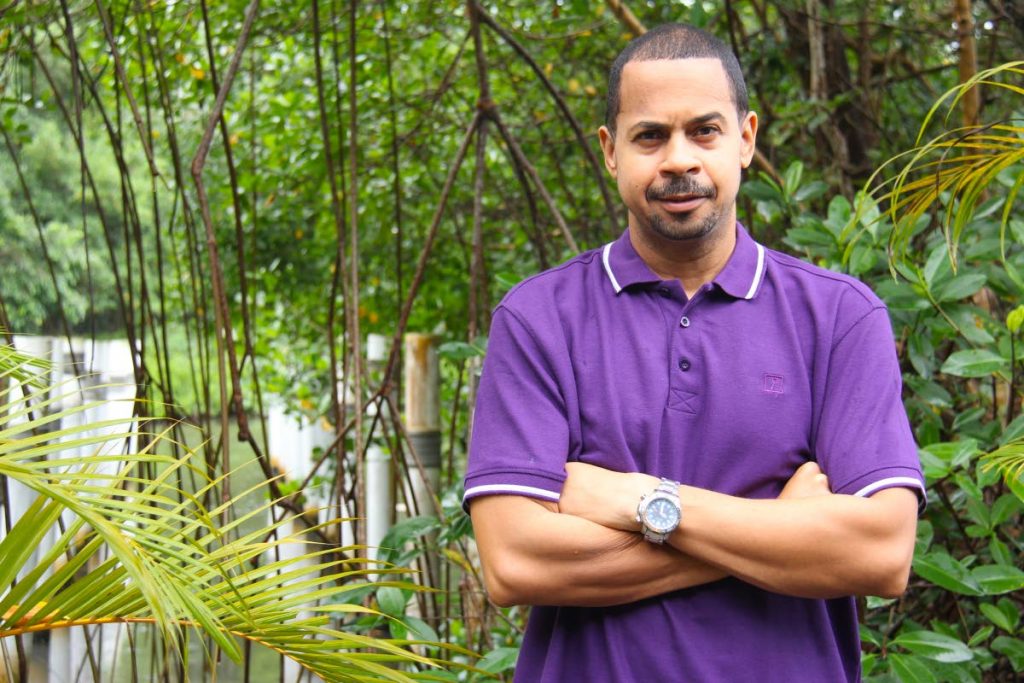Elections and third force politics

WHILE MANY are well-meaning and serve a crucial function in our political landscape, "third force political parties" will be little more than spectators in the impending general election.
I take no pleasure in saying this but covid19 – along with other stubborn realities of our political culture – has likely torpedoed the chances of any third party making a splash in the upcoming polls.
Covid19 was a political event, one played masterfully by the Government. The PNM is still basking in the afterglow of a commendable performance rating given by the business community and many citizens for its perceived management of the covid19 crisis.
Given that this rating is built largely on brittle artifice, the incumbent will likely call an election sooner than later. After all, people may come to their senses and realise the country has gone head-first into the commode. That spells bad news for third-force challengers who can't do in months what should have been done over the past few years.
Third parties, whether they understood their true role or not, had an opportunity to build a movement to inspire citizens to take that first crucial step to dismantle a broken political system. To achieve change and not exchange, the old structures must die.
The challenge for any non-traditional political third force was always considerable. It requires a mindset far beyond simply raising funds and contesting an election.
Smaller parties should be set on changing the political culture incrementally – capture one seat, two seats, three seats. Upset the prevailing order, establish a beachhead in Parliament. Build impregnable ramparts of advocacy in the house of misrepresentatives to speak loudly in the name of largely forgotten people. Concentrate your efforts on that portion of the population who can't vote for either the PNM or the UNC.
This is where true, lasting change can begin – in the creation of a powerful, people-centred movement that inspires and fires up citizens to eschew dinosaur politics and put themselves and their country first. This is a long game; one that requires strategy, endurance and conviction.
Third force parties are deluded in thinking that discontent with both the PNM and the UNC can be easily converted into votes for them. They underestimate the ability of the electorate to "hold their nose" and cast their ballots. Notwithstanding disappointments meted out to voters time and again, voting patterns in TT remain largely rigid.
I can't be sure if the crack rock is still popular, but crackheads know the drug is 100 per cent wrack and ruin. Still, they put that bittersweet pipe to their trembling lips and vote for crack over sobriety, health and happiness every time.
Oftentimes, when presented with no choice or an unsavoury option, voters side with the devil they know. Additionally, fear-mongering expertly practised by the two major parties in defence of political hegemony keeps voters in their place. Their minds are drilled with doomsday scenarios should the wrong party win the election; the wrong party, of course, is anyone else.
People who are unhappy with the Government and the Opposition see political power in absolute terms – you either win or lose. There's little understanding of how a Parliament comprised of more than two political parties can work. Consequently, citizens are sceptical of giving their vote to a party that has little chance of winning. This is why we're stuck in this endless loop of voting parties out rather than in.
Rather than simply angling for votes, third force parties should concentrate on enlisting voters as investors in their own business, that business being TT. Explain how putting them into Parliament with a few seats can geld the political behemoths, forcing change in the way politics is practised and how the needs of the country are met.
Sadly, the smaller parties inclined to think this way have few resources and even less time to prosecute such a strategy. Other upstarts are suicidally wedded to the 41 seats or bust approach. What we are left with as electors is between the devil and the deep latrine. Either way, it seems quite late in the day for a real challenge from an outlier.
Small political parties stand to lose more than just face and deposits in the upcoming election. The supporters rallied to their cause and the idealistic youth entranced by the illusion of possibility will become deeply jaded when trounced at the polls. When hope dies in our young people, that's the beginning of the end for this country; if that end has not already begun.

Comments
"Elections and third force politics"